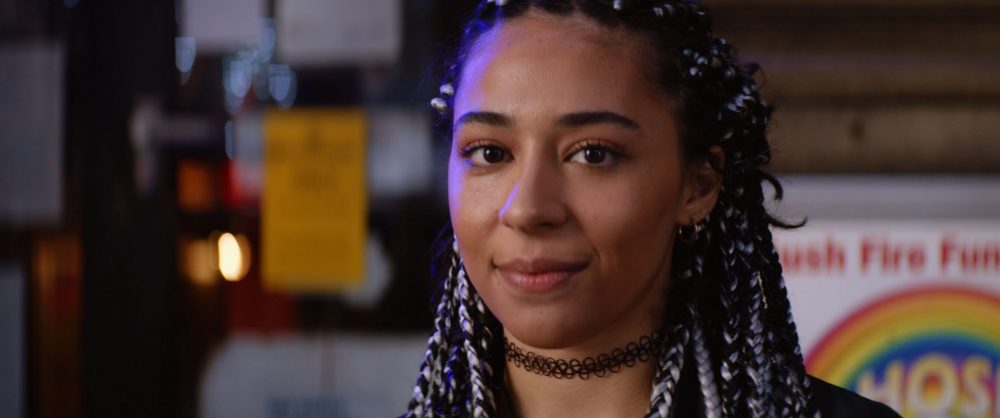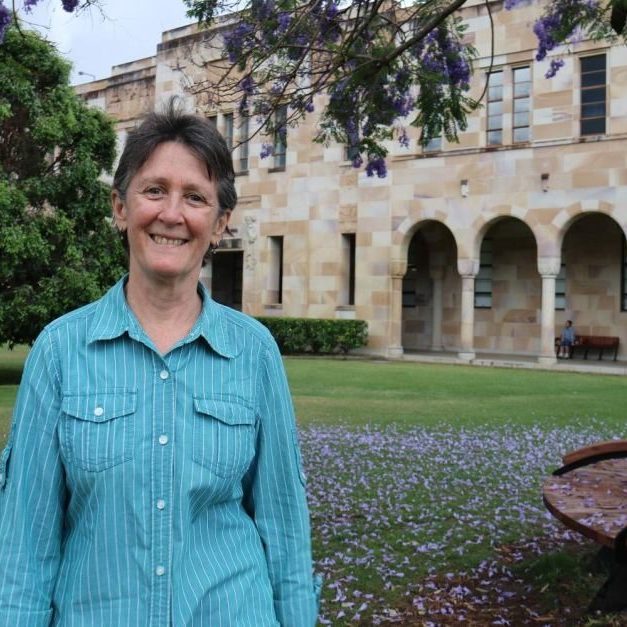
New ANZ research released today has found the vast majority of LGBTIQ+ Australians (78%) have been victim to hurtful, homophobic or transphobic language, with more than two thirds (69%) being called a derogatory name such as ‘faggot’, ‘dyke’ or ‘tranny’ in the past 12 months.
Despite this, only 41% of ‘straight’ Australians believe that hurtful, homophobic or transphobic language towards the LGBTIQ+ community is a major issue today.
As principal partner of Sydney Gay and Lesbian Mardi Gras, ANZ has launched #LoveSpeech – a campaign that aims to raise awareness of the negative impact this language has on the LGBTIQ+ community.
ANZ has released a short film demonstrating the profoundly negative effects of hurtful language on members of the LGBTIQ+ community. Confronting in its honesty, the film resolves with a plea to stop the hate – appealing for a world with more #LoveSpeech.
Key research findings:
● 74% of the Australian LGBTIQ+ community believe hurtful language directed at members of their community is a major issue in Australia today.
● 26% of Australian LGBTIQ+ adults say the first time they were the victim of hurtful language specifically about their gender or sexual identity, it was from a friend or family member.
● Online abuse has affected 40% of LGBTIQ+ millennials and 43% of LGBTIQ+ Australians under the age of 24.
ANZ Executive Sponsor of the Pride Network and ANZ Chief Finance Officer, Michelle Jablko said: “Diversity, inclusion and respect is a part of who we are at ANZ. We hope this campaign helps people understand the impact of hurtful language, and promotes more #LoveSpeech online and offline so everyone can embrace their authentic selves.”
Sydney Gay and Lesbian Mardi Gras CEO, Albert Kruger said: “Hurtful language can have a negative impact on the lives of LGBTQ+ people, and that’s why ANZ has launched this powerful and insightful #LoveSpeech campaign, spreading beautiful messages of support for our community. Our longstanding partnership with ANZ started 14 years ago, and their passion for Mardi Gras continues to extend to the broader LGBTIQ+ community and beyond.”


